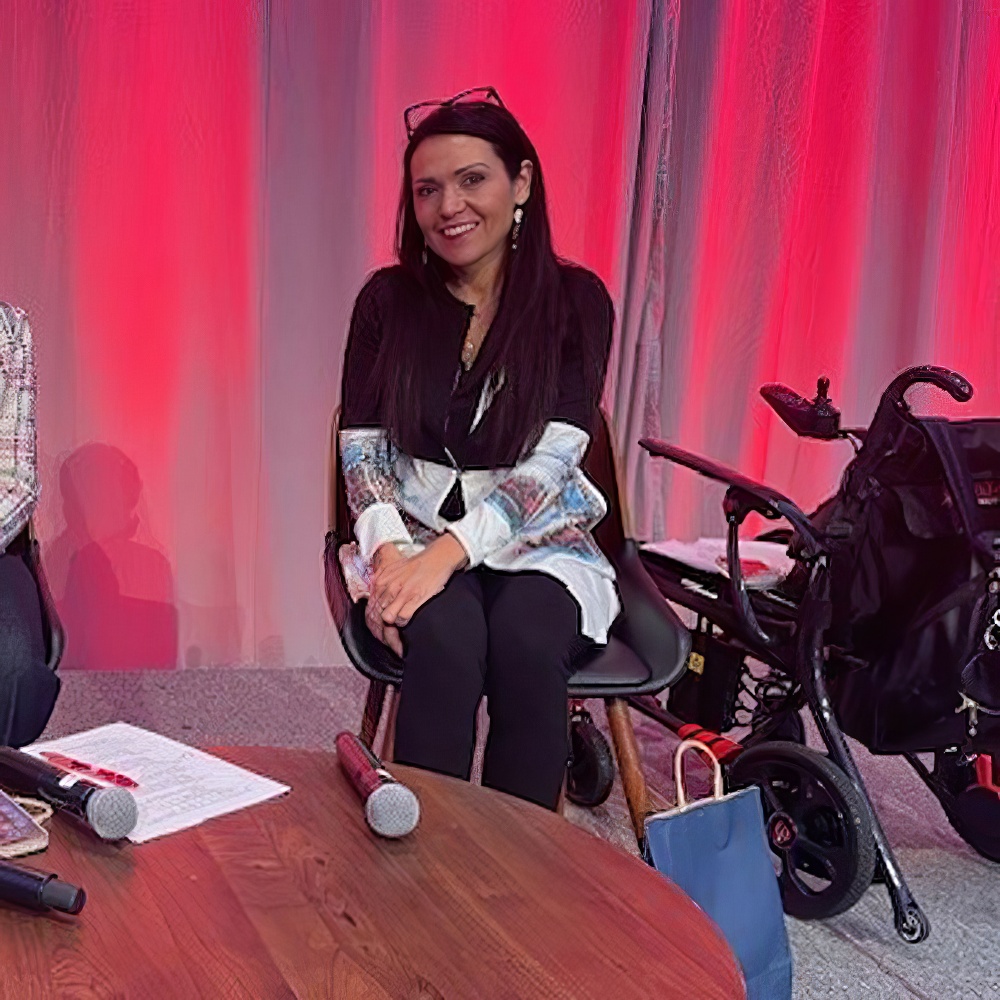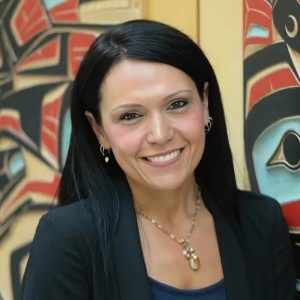Decolonizing Disability—Teachings from Tx̱eemsim and Voices from the Lands of the Nisg̱a’a Nation

Decolonizing Disability—Teachings from Tx̱eemsim and Voices from the Lands of the Nisg̱a’a Nation
This research project, led by Dr. Rheanna E. Robinson and published in the Canadian Journal of Disability Studies, explores the intersections of Indigenous knowledge systems and disability studies through a decolonial lens. Utilizing an autoethnographic methodology, the study centers on the Nisg̱a’a Nation’s oral traditions, particularly the teachings of Tx̱eemsim, to challenge colonial narratives surrounding disability.
Methodology:
The study employs decolonial autoethnography, drawing upon personal narratives and community-engaged research within the Nisg̱a’a Nation. This approach emphasizes relationality, reflexivity and the significance of Indigenous oral traditions in knowledge production.
Findings and Impact:
The research underscores the importance of Indigenous worldviews in redefining concepts of disability, moving away from deficit-based models towards frameworks that value interdependence and community. By foregrounding Nisg̱a’a teachings, the study offers critical insights for policymakers, educators and researchers committed to inclusive and culturally responsive practices.
This project aligns with our institute’s commitment to Indigenous-led research and contributes to the advancement of equity and inclusion in post-secondary education and beyond.
Key Objectives:
- To integrate Nisg̱a’a epistemologies into contemporary disability discourse
- To highlight the role of Indigenous storytelling in reshaping understandings of disability and wellness
- To contribute to the broader movement of decolonizing academic research methodologies
